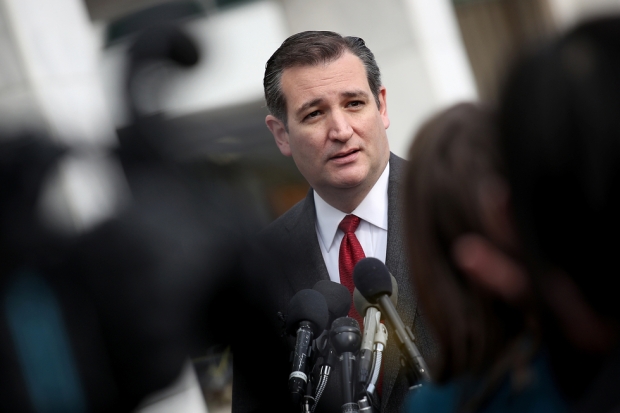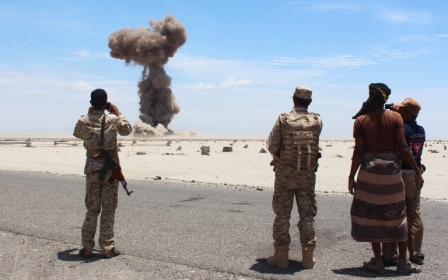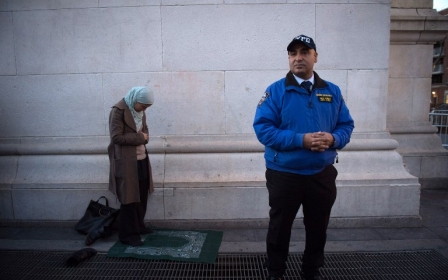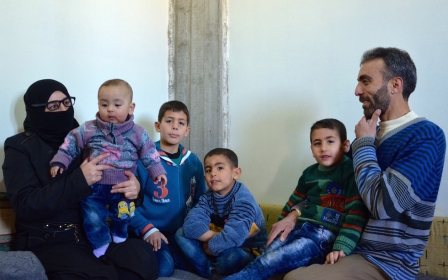US-Middle East relations are challenged in Congress
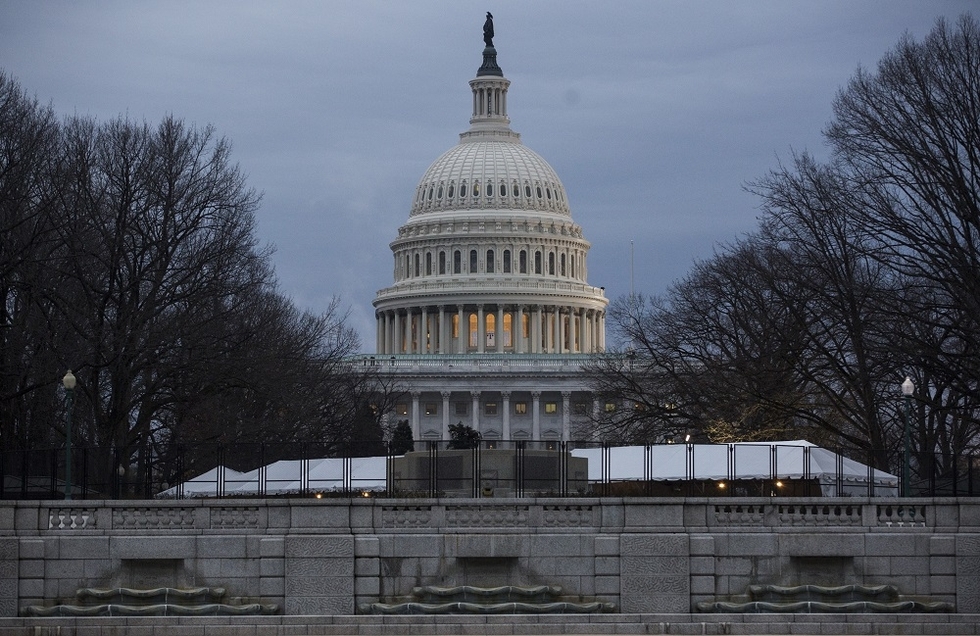
WASHINGTON DC - Less than a month into the new administration, a first-term congressman has introduced legislation that would reroute US funds from Palestinians to the Israeli military. It’s one of several pieces of legislation proposed in this session of Congress that, if passed, could have a dramatic effect on US relations in the Middle East, and at home.
The bill, called the “No Bonuses for Terrorists Act”, was introduced by Representative Ted Budd, a Republican from North Carolina, and co-sponsored by Mark Sanford, of South Carolina.
It would amend the Foreign Assistance Act of 1961 to eliminate aid given by the US to Palestinians until the secretary of state can certify that the Palestinian Authority and the Palestinian Liberation Organization are not providing financial support to the families of “terrorists”.
'Superficial bill'
“The news of President Obama’s last-minute transfer of $224 million to the Palestinian Authority is a clear reminder that we need to take every measure possible to ensure taxpayer dollars aren’t being used to reward acts of terror,” Budd said in a statement.
In his final hours in the White House, Obama cleared humanitarian assistance allocated to Palestinians that had been put on hold by ranking members of Congress.
“Although our current law allows reductions in aid to the Palestinian Authority based on the amount of payments they make to terrorists and their families, they’ve found a way around this by giving to third party organizations - like the Palestinian Liberation Organization,” the congressman’s statement continued.
Budd’s office did not return Middle East Eye’s repeated requests for comment.
The act would require the secretary of state to certify the conditions of the aid were being met before the allocation of funds, and then continue to recertify the assistance before Congress 90 days later and again every six months.
If the certifications are not granted, the funds originally designated for Palestinian relief would be diverted to the Israeli government to help fund the Iron Dome defence system.
“To me, this is unacceptable,” said Representative Mark Sanford in the same statement. “When the American people support other nations, our generosity shouldn’t be used to support terrorism in any way. And pausing these funds until we’re certain they aren’t being used as such seems like an obvious response to the problem.”
But Stephen McInerney, the executive director of the Washington DC-based Project on Middle East Democracy (POMED) isn’t particularly concerned.
“I can’t really imagine this bill going anywhere,” he told MEE. “There have been numerous bills like this introduced in the past that aren’t really advanced.”
When asked why Budd would have introduced the bill, especially so soon into his first term, McInerney said, “I feel like it’s superficial and he might have just introduced it so he could brag about having introduced it. Even if it were to pass, it would be redundant with existing US laws. There are already lots of provisions in US laws, and with money going to Palestinian territories in general, to ensure it’s not going to terrorists.”
Blacklisting the Muslim Brotherhood
POMED and other organisations are watching other bills more carefully, particularly the Muslim Brotherhood Terrorist Designation Act of 2017, introduced into the House by Florida Republican Mario Diaz-Balart and into the Senate by Texas Republican Ted Cruz.
Then-Congresswoman Michele Bachmann presented a similar bill in 2014. Cruz also introduced the act in 2015.
Cruz has introduced several other bills, including the Safeguard Israel Act of 2017, which would “prohibit voluntary or assessed contributions to the United Nations until the President certifies to Congress that United Nations Security Council Resolution 2334 has been repealed.”
UN Security Council Resolution 2334 condemned illegal Israeli settlements in the Palestinian West Bank and East Jerusalem as a violation of international law.
The IRGC Terrorist Designation Act would require the secretary of state to deem Iran’s Revolutionary Guard Corps as a terrorist organisation.
Whether the Budd/Sanford legislation advances on not, the White House and the State Department could simply make the designation on their own, without a vote in Congress to guide them.
There are some that do, of course, and Hamas is an example of an offshoot of the Muslim Brotherhood. But many members of the Muslim Brotherhood throughout the world, and affiliated groups, are not only peaceful, but they’re politically powerful.
“To make this broad designation could disrupt US relationships with lots of governments in the regions,” McInerney said. “There are lots of allied nations with political parties that could be viewed as linked to the Brotherhood in some way, or have seats in Parliament or ministries in the government.”
Tunisia, Israel, Jordan, Iraq, Kuwait and Morocco all have politicians with Muslim Brotherhood affiliations, and, countries like Turkey and Qatar could be seen as supporting the Brotherhood, which, if designated a terrorist organisation, would make those countries state sponsors of terrorism.
“I don’t think the goal either of Congress or of the administration is to go after all of these countries that are US allies, but it could potentially be a troubling implication,” McInerney said. Several other bills currently before Congress would affect US relations in the Middle East and at home, particularly relating to the relocation of the US embassy to Jerusalem from Tel Aviv.
The No Religious Registry Act of 2017, would prohibit the collection of information and the establishment or utilisation of a registry for the purposes of classifying or surveilling certain US persons and other individuals on the basis of religious affiliation, and for other purposes. The Iran Nonnuclear Sanctions Act calls for further sanctions against Iran.
Middle East Eye propose une couverture et une analyse indépendantes et incomparables du Moyen-Orient, de l’Afrique du Nord et d’autres régions du monde. Pour en savoir plus sur la reprise de ce contenu et les frais qui s’appliquent, veuillez remplir ce formulaire [en anglais]. Pour en savoir plus sur MEE, cliquez ici [en anglais].


